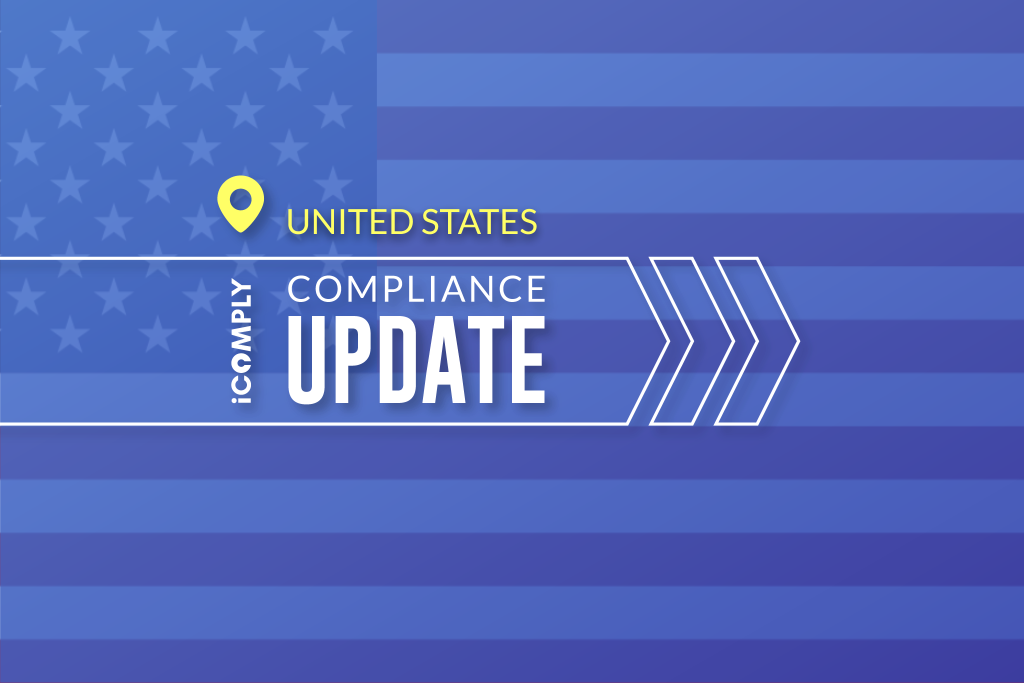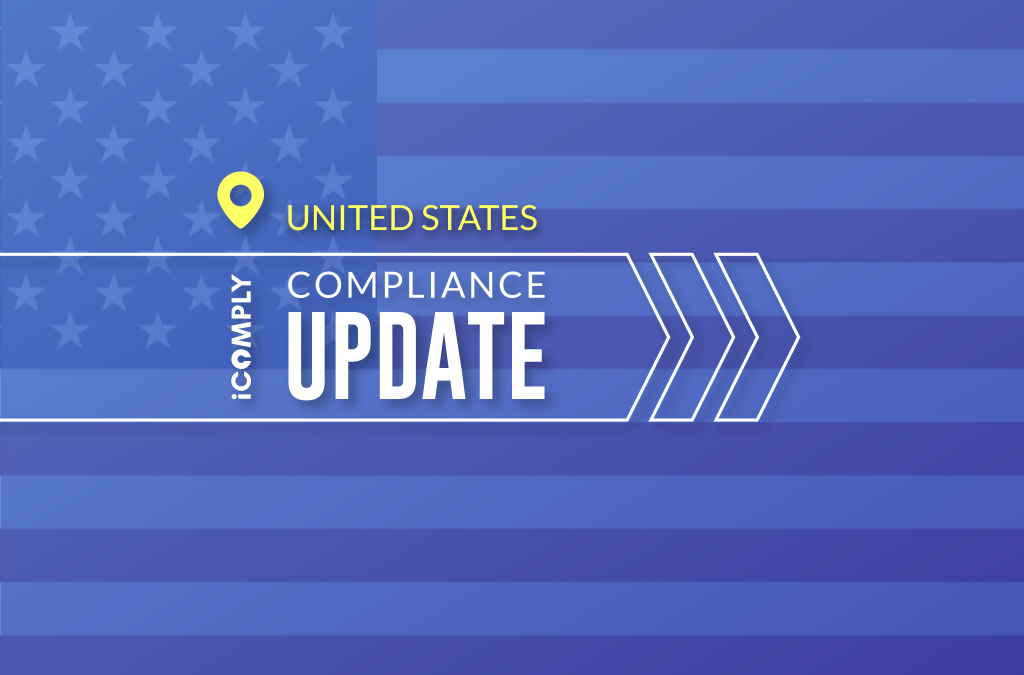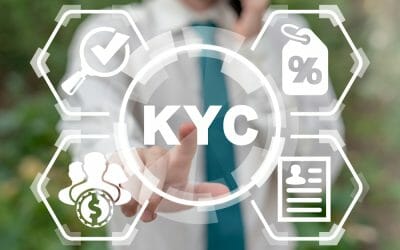Overstock Annual Report Details SEC Investigation Into tZero Security Token

Parent Company of Security Token Exchange tZERO Subpoenaed Twice by the U.S. Regulator at the End of Last Year
What Happened?
March 3, 2020: As disclosed in Overstock’s annual report, one of the subpoenas requested the documents related to the investment made in the company by Chinese private equity firm GSR. The second one was related to Overstock’s insider trading policies.
Source: https://www.sec.gov/Archives/edgar/data/1130713/000113071320000014/ostk-20191231x10k.htm
Who Is Impacted?
Issuers of digital securities, broker-dealers, and alternative trading systems.
Why This Matters?
tZero’s token offering was promoted to investors globally and received a lot of media attention. The information requested by the SEC includes:
– all supporting documents related to a specific blockchain transaction
– written policies related to insider trading activity
Businesses that choose to issue digital securities or security tokens are expected to maintain up-to-date records supporting every transaction. This documentation can include disclosure documents, subscription agreements, source of funds, source of wealth, accredited investor certification, know your client data, and anti-money laundering risk screening reports for an initial offering. For assets trading in a secondary market, there can be even more items for the compliance checklist.
What’s Next?
Board members considering the use of digital securities should understand which regulatory tasks will need to become part of their daily operations and board review. Compliance officers should hold their board accountable for maintaining compliance across each jurisdiction that their tokens enter or trade through.
In most cases, compliance teams can automate over 90% of these activities. This enables a more effective AML program because teams can focus on signals rather than data entry and manual compliance processes.
By integrating validator or multi-sig blockchain functions directly into real-time transaction monitoring, KYC software, and regulatory reporting tools businesses can effectively use digital securities offerings to reduce costs, unlock liquidity, and keep a clean audit trail of the entire process.
learn more
Is your AML compliance too expensive, time-consuming, or ineffective?
iComply enables financial services providers to reduce costs, risk, and complexity and improve staff capacity, effectiveness, and customer experience.
Request a demo today.
KYC for Banking – Made Simple with iComply
Is your banking institution set up for success and compliance in 2023? With the financial and digital asset markets experiencing a tumultuous time after the extreme fluctuations faced during the peak of COVID-19, there’s never been a more important time to double down...
How to Spot Fraudulent Users with KYC Protocols
While we often speak about the many risks and crimes that Know Your Customer (KYC) protocols help to circumvent (the reactive approach), the cybersecurity industry can sometimes forget to highlight the specific ways KYC software and practices offer protection (the...
Eye On Compliance in 2023: Top KYC Trends
As Q2 of 2023 ramps up, the compliance industry continues to face a fast-paced environment of global changes and challenges when implementing protective measures against fraud, money laundering (AML), and other forms of financial crime (FinCrime). 2022 brought no...




